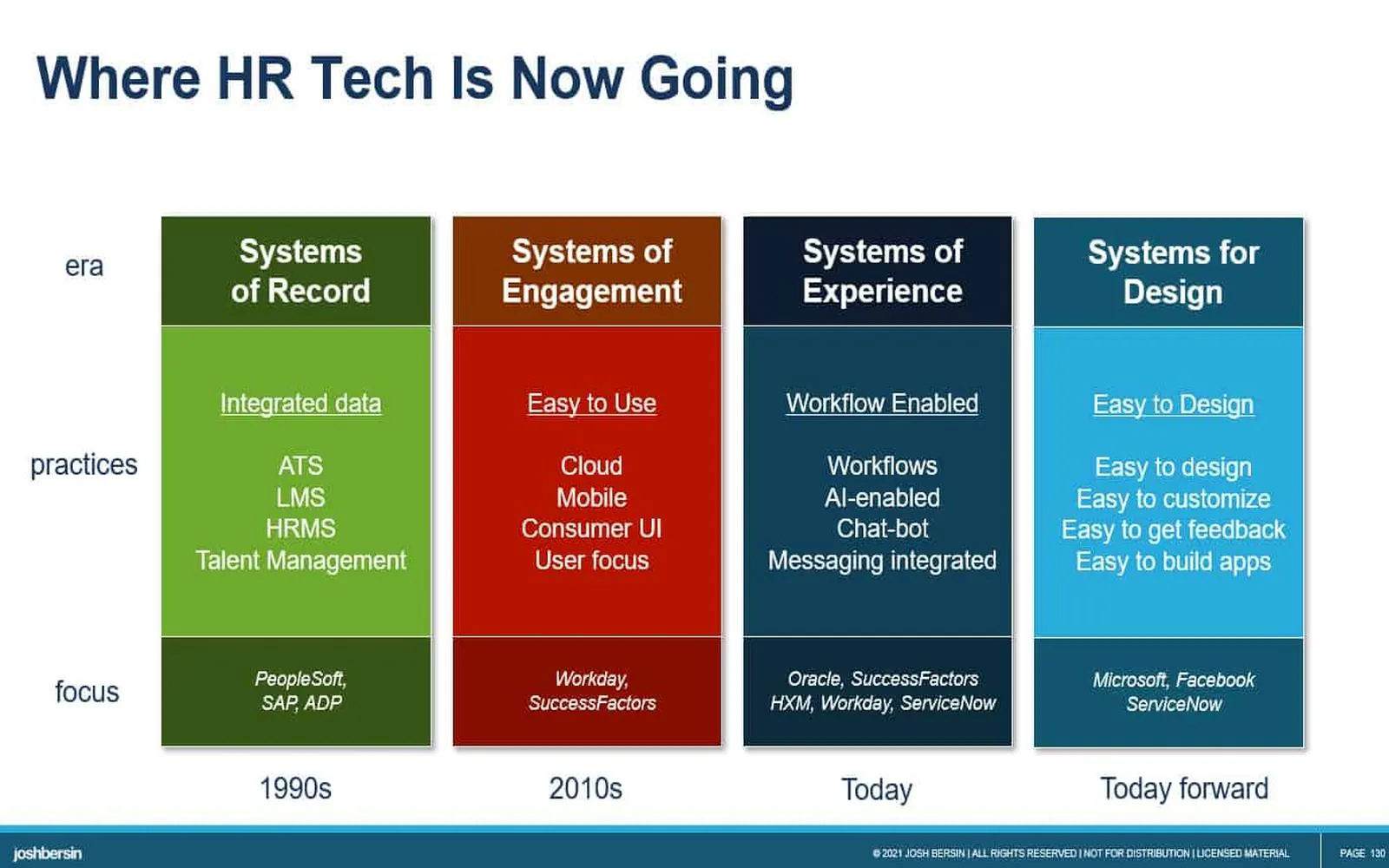As economic uncertainties loom, businesses are increasingly looking for tools that can help them streamline operations and reduce costs. ''Zapier'', a leading automation tool, is designed to adapt and thrive even in challenging economic conditions. By integrating various applications, it significantly enhances productivity without necessitating substantial financial investments. Here’s why Zapier is built to weather a recession.
1. Cost-Effective Automation
In times of recession, companies need to be more budget-conscious. ''Zapier'' offers a cost-effective solution by automating repetitive tasks that would otherwise require additional staff or resources. With its easy-to-use interface, businesses can set up workflows (known as "Zaps") without needing extensive technical knowledge or hiring external IT consultants.
2. Increased Efficiency
Operational efficiency is crucial during economic downturns. By automating mundane tasks, ''Zapier'' allows employees to focus on higher-value activities that drive revenue. For instance, a marketing team can use ''Zapier'' to automatically add leads from various sources into their CRM, freeing them to engage with potential clients instead of spending time on data entry.
3. Integration with Popular Tools
''Zapier'' boasts integrations with over 5,000 applications, from ''Google Sheets'' to ''Slack'' and ''Mailchimp''. This extensive compatibility means businesses can connect the tools they already use without the need for significant overhauls. During a recession, leveraging existing resources is key, and ''Zapier'' makes this seamless.
4. Scalability
As businesses adapt to changing market conditions, they need tools that can grow with them. ''Zapier'' offers a scalable solution that allows companies to start small and expand their automation efforts as needed. This flexibility can be vital in a recession when businesses may need to pivot quickly to survive.
5. Enhanced Data Management
Effective data management is essential for making informed decisions during a recession. ''Zapier'' helps automate data collection and organization, ensuring that business leaders have access to the insights they need. By reducing human error and ensuring timely data updates, companies can make faster, more accurate decisions.
6. Improved Customer Experience
Maintaining customer satisfaction is critical during tough economic times. With ''Zapier'', businesses can automate customer interactions, ensuring timely responses and consistent communication. For example, automating follow-up emails or support ticket management can enhance the overall customer experience, fostering loyalty even in challenging times.
7. Analytics and Reporting
During a recession, understanding business performance is more important than ever. ''Zapier'' can automate the generation of reports and analytics, providing teams with real-time insights into their operations. This automated reporting can help identify areas for cost reduction and opportunities for growth, making it easier to navigate uncertain economic waters.
8. Focus on Core Competencies
In a recession, businesses often need to streamline their operations to focus on their core competencies. By automating peripheral tasks with ''Zapier'', companies can direct their resources toward what they do best. This strategic focus can lead to improved performance and resilience, even in a downturn.
9. Community Support and Resources
One of the significant advantages of using ''Zapier'' is its vibrant community and extensive resources. Users can access tutorials, forums, and customer support to optimize their workflows. During a recession, this community-driven support can be invaluable for businesses looking to maximize their use of automation tools without incurring additional costs.
10. Future-Proofing Your Business
Investing in automation with ''Zapier'' is not just a strategy for weathering a recession; it’s also about future-proofing your business. Organizations that embrace automation are better positioned to scale operations, adapt to market changes, and maintain a competitive edge. As the business landscape evolves, having a robust automation strategy can be a key differentiator.
Conclusion
In conclusion, ''Zapier'' is more than just an automation tool; it is a strategic partner for businesses looking to survive and thrive during a recession. By offering cost-effective solutions, improving efficiency, and enhancing data management, ''Zapier'' empowers organizations to navigate economic challenges effectively. As companies continue to seek innovative ways to streamline operations and reduce costs, ''Zapier'' stands out as a reliable choice for those aiming to maintain their competitive edge in uncertain times.
Chart: Zapier Benefits During Recession
| Benefit | Description |
|---|---|
| Cost-Effective Automation | Reduces staffing needs by automating repetitive tasks. |
| Increased Efficiency | Allows employees to focus on high-value tasks. |
| Integration with Tools | Connects with 5,000+ applications to leverage existing resources. |
| Scalability | Adapts to business growth and changing market conditions. |
| Enhanced Data Management | Automates data collection and organization for informed decision-making. |
| Improved Customer Experience | Ensures timely responses and consistent communication. |
| Analytics and Reporting | Automates reporting for real-time insights into business performance. |
| Focus on Core Competencies | Allows businesses to streamline operations and concentrate on strengths. |
| Community Support | Offers extensive resources and customer support. |
| Future-Proofing | Positions businesses for growth and adaptability in evolving markets. |



